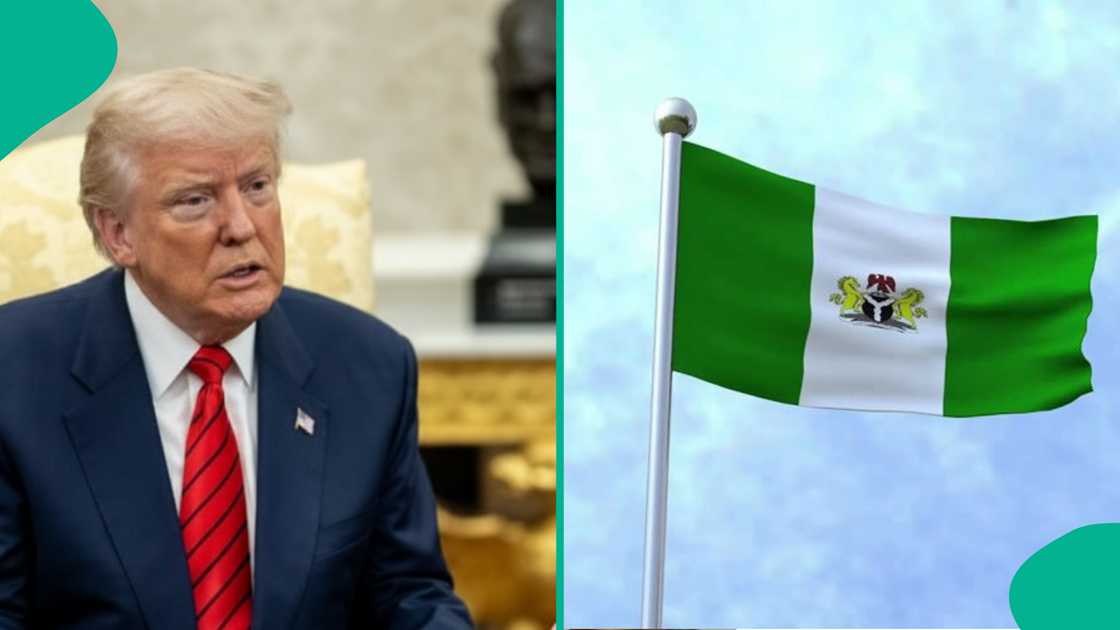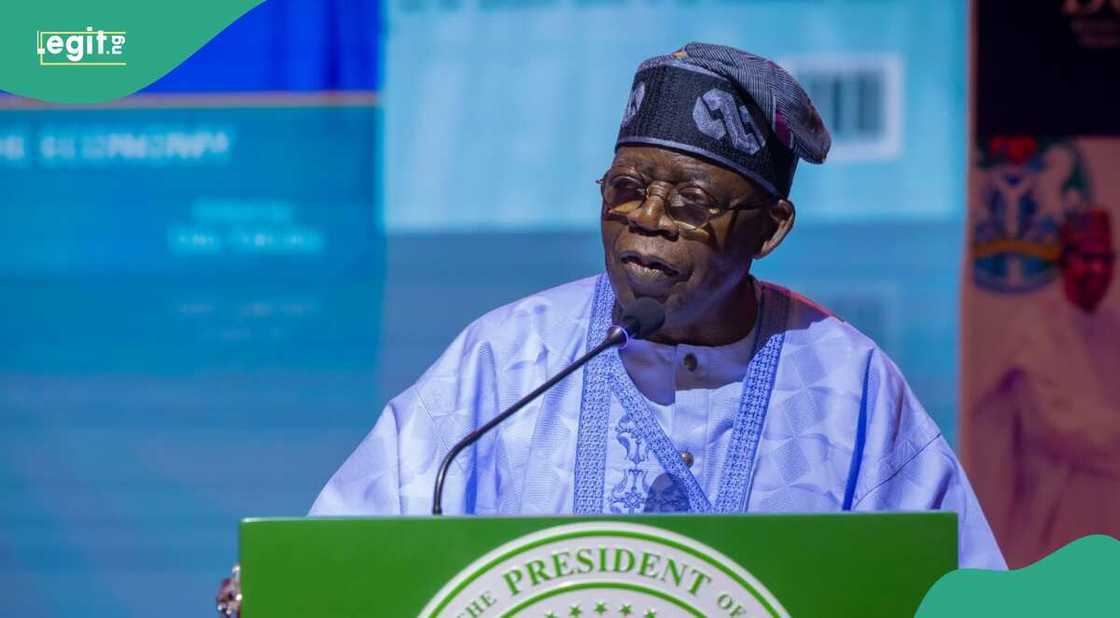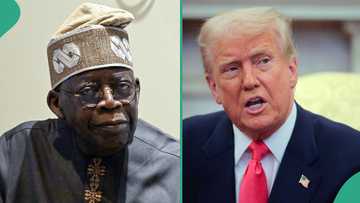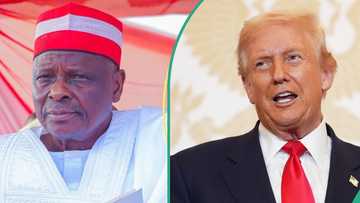12 States Where Governors May Face Severe Sanctions Following Trump’s Threat Against Nigeria
- Twelve northern Nigerian governors could face sweeping US sanctions over alleged religious persecution tied to Sharia law enforcement
- President Donald Trump has urged Congress to act swiftly, citing a “Christian genocide” and calling for accountability
- A new bill backed by Senator Ted Cruz proposed visa bans and asset freezes for officials accused of promoting blasphemy laws and tolerating religious violence
Twelve governors from northern Nigeria may face severe sanctions following a renewed push by the United States Congress to hold Nigerian officials accountable for alleged religious persecution.
The move comes after President Donald Trump designated Nigeria as a “Country of Particular Concern” and urged swift action over what he described as a “Christian genocide.”

Source: Twitter
Trump calls for urgent action on Nigeria’s religious crisis
On Friday, October 31, President Trump posted on Truth Social, expressing alarm over the reported killings of Christians in Nigeria. He called on Congressman Riley Moore, Chairman Tom Cole, and the House Appropriations Committee to investigate the matter and report back to him.
Trump’s post read:
“Thousands of Christians are being killed in Nigeria. This must stop. I’ve asked Riley Moore and Chairman Tom Cole to look into it immediately.”
The Nigeria Religious Freedom Accountability Act of 2025, introduced by Republican Senator Ted Cruz, seeks to impose direct sanctions on Nigerian public officials and religious leaders accused of enabling or ignoring violence against Christians and other religious minorities.
The bill builds on a 2020 designation by the US Department of State, which first listed Nigeria as a Country of Particular Concern due to “systematic, ongoing, and egregious violations of religious freedom.”
Sanctions target sharia law and blasphemy provisions
The proposed legislation highlights the implementation of Sharia law in northern Nigeria, referring to it as a blasphemy law that allegedly discriminates against Christians.
Between 1999 and 2000, following Nigeria’s return to civilian rule, several northern states expanded Sharia’s scope to include criminal law and public morality.
Zamfara state, under Governor Ahmad Sani Yerima, led the charge, with eleven other states, Kano, Sokoto, Katsina, Bauchi, Borno, Jigawa, Kebbi, Yobe, Kaduna, Niger, and Gombe, following suit.
These states established Sharia-based penal codes and courts alongside the existing secular legal system. In contrast, states such as Kwara, Kogi, Plateau, Benue, Nasarawa, Taraba, and Adamawa, despite having large Muslim populations, retained secular legal frameworks, limiting Sharia to personal matters like marriage and inheritance.
Under the bill, the US Secretary of State is expected to submit a report within 90 days of its passage, listing Nigerian officials, governors, judges, and traditional rulers, who have “promoted, enacted, or maintained blasphemy laws” or “tolerated violence by non-state actors invoking religious justification.”
Sanctions under Executive Order 13818, part of the Global Magnitsky Human Rights Accountability framework, could include visa bans, asset freezes, and financial restrictions.

Source: Facebook
Nigeria defends its legal framework on religious freedom
In response to the proposed sanctions, Nigeria’s federal government has defended its constitutional stance on religious freedom. In a policy note titled Nigeria’s Constitutional Commitment to Religious Freedom and Rule of Law, the Ministry of Foreign Affairs stated that the country’s legal system protects freedom of religion and conscience and subjects all laws, including Sharia statutes, to constitutional review.
The statement emphasised that Nigeria remains a “constitutional, multi-religious democracy” and cited key constitutional provisions: Section 10 prohibits the adoption of a state religion, Section 38 guarantees freedom of thought and religion, and Section 42 forbids discrimination based on religion.
“Sharia in Nigeria is not a nationwide, compulsory system,” the document clarified. “Certain northern states have enacted Sharia-based criminal provisions that apply only to persons who profess Islam; non-Muslims are not subject to those provisions.”
As the US Congress deliberates the bill, diplomatic tensions between Washington and Abuja appear to be rising, with potential consequences for key Nigerian officials in the months ahead.
Kumuyi clears air on Trump-linked statement
Legit.ng earlier reported that the Deeper Christian Life Ministry strongly denied a viral report alleging that its General Superintendent, Pastor William Kumuyi, accused the United States of attempting to steal Nigeria’s natural resources and dismissed claims of Christian genocide in the country.
The controversial report, published by an online platform known as Ibom Focus, sparked widespread outrage on X (formerly Twitter) on Sunday.
Proofreading by Funmilayo Aremu, copy editor at Legit.ng.
Source: Legit.ng





